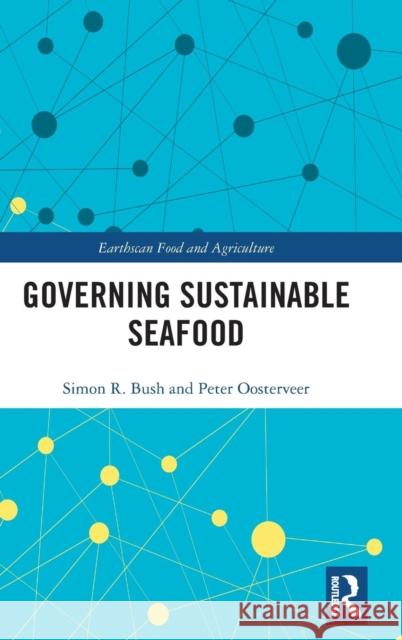Governing Sustainable Seafood » książka
Governing Sustainable Seafood
ISBN-13: 9781138017542 / Angielski / Twarda / 2019 / 208 str.
Governing Sustainable Seafood
ISBN-13: 9781138017542 / Angielski / Twarda / 2019 / 208 str.
(netto: 670,84 VAT: 5%)
Najniższa cena z 30 dni: 654,86
ok. 22 dni roboczych
Dostawa w 2026 r.
Darmowa dostawa!
The governance of sustainable seafood production is a growing imperative given the importance of protein and other by-products from fisheries and aquaculture. This book starts by showing how seafood is fundamental to food and nutrition security, and also constitutes an important source of income and employment in many regions, particularly in Asia. Many wild fisheries are under pressure, creating a strong driver for expanding aquaculture to meet demand. But it is shown that the social and environmental sustainability of these production systems have come into question. As a result seafood now constitutes a highly contested primary production sector.
Taking a social science approach, the authors explore the governance of sustainable seafood, by taking into account the rise of social movements through environmental NGOs, the nature and perceived limits of government regulation within and beyond the state, and the promise of market-based approaches to governance such as ecolabelling. The book focuses on how concern over sustainable seafood has been translated into different current forms of governance. It then assesses what alternative governance approaches are starting to emerge that combine movements, states and markets and to what effect for sustainable seafood production and consumption. The book finishes with a vision for the future through key principles for evaluating the collective impact of governing sustainable seafood.











